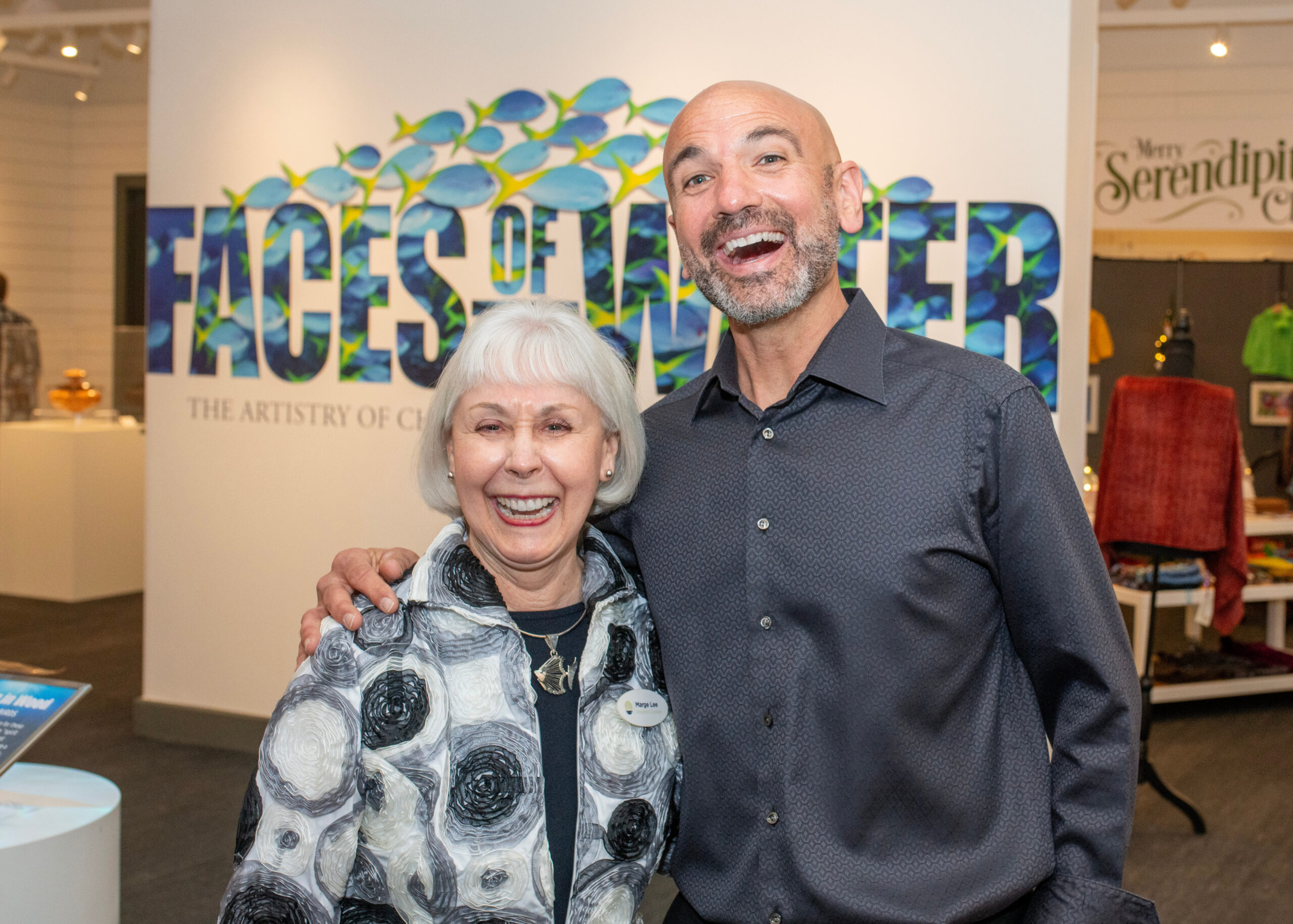Dr. Bill Beckwith Publishes Book
by Fran Thomas
FORT MYERS – It was a run-in with a soliloquy from Macbeth that led to Dr. Bill Beckwith’s fascination with memory. In high school, Beckwith had to memorize the passage and recite it in class. It was, he said, a struggle of both memory and emotions. Now he is a specialist in how the human memory works. And, after some early speeches that were “absolutely terrifying,” he routinely delivers lectures on the topic of memory management. The topic is gaining considerable interest as he crosses the country with speaking engagements for groups. Academy talks draw hundreds of residents. From these lectures, the idea of writing a book was born. “People kept asking me for referrals on what was a good book to read,” Beckwith said. “I looked around and didn’t like the books that were out there.”
Beckwith’s wife, Pamela Travis, is also interested in memory from her perspective as a life historian, so the couple collaborated on Managing Your Memory: Practical Solutions for Forgetting. The book is now available at Beckwith’s website, www.memorymanagement.info.
Beckwith is the Director of Behavioral Health at Shell Point, a position he has held for four years. The department has grown from one to four people during the time he has headed it. The staff sees residents on an outpatient and inpatient basis for both individual and group therapy. Prior to his arrival at Shell Point, Beckwith headed the memory clinic at Lee Memorial Hospital.
A native of Ashtabula, Ohio, Beckwith graduated from Bowling Green University, the first person in his family to go to college. He earned a master’s degree at Ohio State University in experimental psychology and a doctorate in clinical psychology. He attained the rank of full professor during his twelve-year tenure at the University of North Dakota. “I used to advise scads of students. I’m still advising people. They’re just a little older,” he said.
The focus of Managing Your Memory is to help people understand that all humans throughout life, not just in old age, are challenged by memory. The book also explains the differences between short-term and long-term memory. Beckwith said that short-term memory loss is what prompts most people to see a doctor. When clients first visit him, Beckwith administers what he calls a “mean memory test” of 16 words to remember. Typically, screening tests only consist of three words. Beckwith said those are too easy, particularly for someone who is highly intelligent. “Bright people compensate with their long-term memory,” Beckwith said.
That trick is useful for everyone. Beckwith believes that people should begin to learn helpful techniques for coping with memory loss before they need them. He calls these techniques “mental aerobics.” For example, a person who always puts their eyeglasses down in the same place develops a habitual pattern that turns the act into one of long-term memory. This technique will help the person avoid losing their glasses if forgetfulness sets in.
Memory aids are also vitally important to making day-to-day life easier. Beckwith strongly advocates the use of a calendar, not only as a memory aid, but also to help reach desirable goals, such as making and keeping appointments with oneself to exercise. Keeping one’s schedule on a paper calendar is preferable to a computerized version, because if memory fades, computer skills may disappear.
For those who tend to forget where they parked their car, Beckwith found a device that can be attached right to the car keys. It contains a recording device that allows the driver to recall exactly what row or space in the parking lot holds the car.
While his book devotes only one chapter to Alzheimer’s disease, Beckwith provides expertise and comfort for those concerned about the disease. Just as people can lessen the future impact of diabetes by maintaining a healthy weight and getting enough exercise, so those who may later develop Alzheimer’s can lessen its impact by considering such things as living wills, powers of attorney, and how to determine when it is no longer safe to drive a car. Although the official diagnosis of Alzheimer’s disease may take years, thinking ahead eases the fear and anxiety for both the person with Alzheimer’s and the caregiver. It can help fend off depression and help the person with Alzheimer’s stay independent much longer.
“Can you have a successful life with memory loss?” Beckwith asks in the final chapter of his book. The answer is, “Yes, you can, but it takes a lot of planning.”





